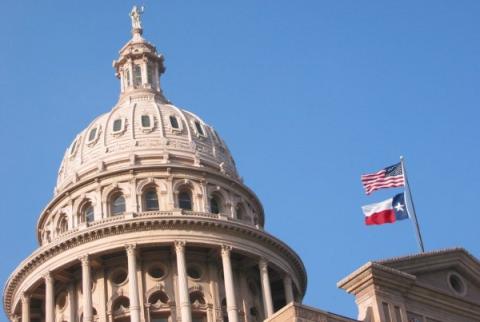independent voters still feel disenfranchised by the election process.
Voters in the state of Texas do not have to publicly identify themselves as a member of a political party when they register to vote. When they go to the polls they can freely choose either the Republican ticket or the Democratic ticket. However, voters cannot vote across party lines. Once a person chooses the ticket they will vote on they can only decide between candidates of that party. Voters in Texas receive a new voter registration card every year so they don’t have to vote on the same ticket each primary election.
However, the system in place doesn’t favor the independent voter. It still requires voters to pick a side rather than vote their conscience. Many independent voters believe that one side doesn’t necessarily have all the answers. There might be one candidate that speaks to them who is a member of one party, but in another race their favored candidate might be running on the other party's ticket.
The current primary system in Texas gives independent voters two options. They can either pick a party and hope for candidates that align closely with their political philosophy. Or, they can hold out, not vote in either party’s primary, and hope a third party candidate they can get behind declares their intentions to run in the general election in accordance with state law.
Sometimes, Democrats will vote in a Republican primary in an effort to put through a more moderate candidate when they know they will probably lose a race, and vice versa.Party leaders could encourage like-minded voters to vote in the opposing party’s primary to prevent one candidate from being elected or try to get a candidate elected that would be easier to beat. It is the voter’s decision. If a person votes the way they truly want then they haven’t wasted their vote, but if someone votes on strategy and not for the candidate they actually want to see elected, are they truly voting the way they want?
If all of the candidates in a race were on one ballot and the top two candidates, regardless of party affiliation, go on to the general election then it doesn’t disenfranchise any demographics. Republicans would vote for the Republican candidate they want. Democrats would vote for Democratic candidate they want, and independent voters would be able to vote for whomever they want.
